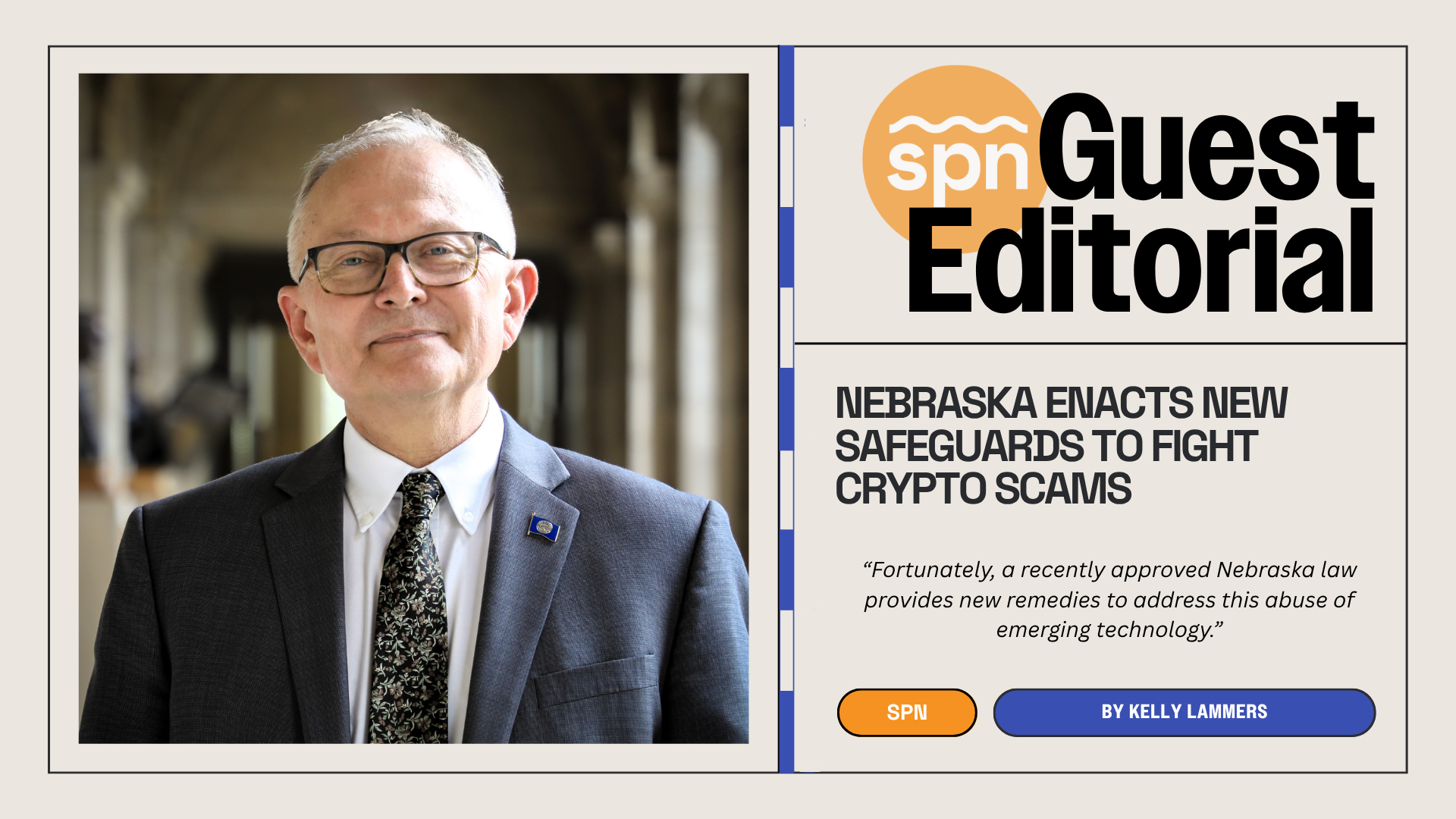
The Kansas City Star on Sunday took perhaps the most expansive look at Google Fiber in Kansas City that we’ve seen so far from any media outlet, and it did so from a different vantage point. Where most literature on the arrival of Google’s ultra high-speed network in Kansas City has honed in on what it means to the city, the Star story focuses more on its implications for Google.
For the story, Star reporter Scott Canon traveled to Google headquarters in Mountain View, Calif. to try to get inside the mind of a company that’s been mostly mum on the subject of its fiber network.
The story frames Google’s project in Kansas City with background about the company’s culture and its history. (Did you know, for instance, that Google got off the ground thanks, in part, to founders Larry Page and Sergey Brin manipulating a switch to harness the bandwidth of Stanford’s internet to power their search engine? So if any company appreciates the power of big bandwidth, it’s Google.)
That all serves as a prelude to an investigation of Google’s fiber network as a business decision. At the most basic level, it’s clear why Google desires the proliferation of ultra high-speed internet: that will lead users to spend more time using the internet, which will create greater opportunity for the placement of advertisements. Less clear is whether Google can succeed in its first foray into the world of internet service providers.
“Google might pour $1 billion or more into a network that could deliver the fastest of Internet connections to perhaps 1 million living rooms,” Canon writes, “at a price to compete with what consumers pay for far slower service.”
“Still,” he continues, “no one knows for sure whether it’s a good business idea.”
“No one knows for sure whether it’s a good business idea.” – Scott Canon, Kansas City Star
The story outlines a few central reasons why the project might fall flat in Kansas City:
- Customers may be hesitant to switch from their current internet providers.
- Customers may not need anything faster than current speeds.
- Google lacks some of the primary advantages it has leveraged to build its company — most notably, its search algorithm — in the ISP space.
“The so-called Google Fiber project in Kansas City isn’t only something the company has never tried before,” the story says. “It’s something that probably strays furthest from anything the company has ever succeeded or failed at.”
But, Canon asserts, “Whether Google wins or loses on the deal, Kansas City almost certainly comes out ahead.”
For more, check out the complete story on the Star’s website: “Google’s high-speed gamble in KC.”
Also in Sunday’s Star, Canon wrote a story on a small group of people using Google Fiber in homes already, on the campus of Stanford University in Palo Alto, Calif. That story can also be found on the Star’s website: “Stanford community got first taste of Google Fiber.”




